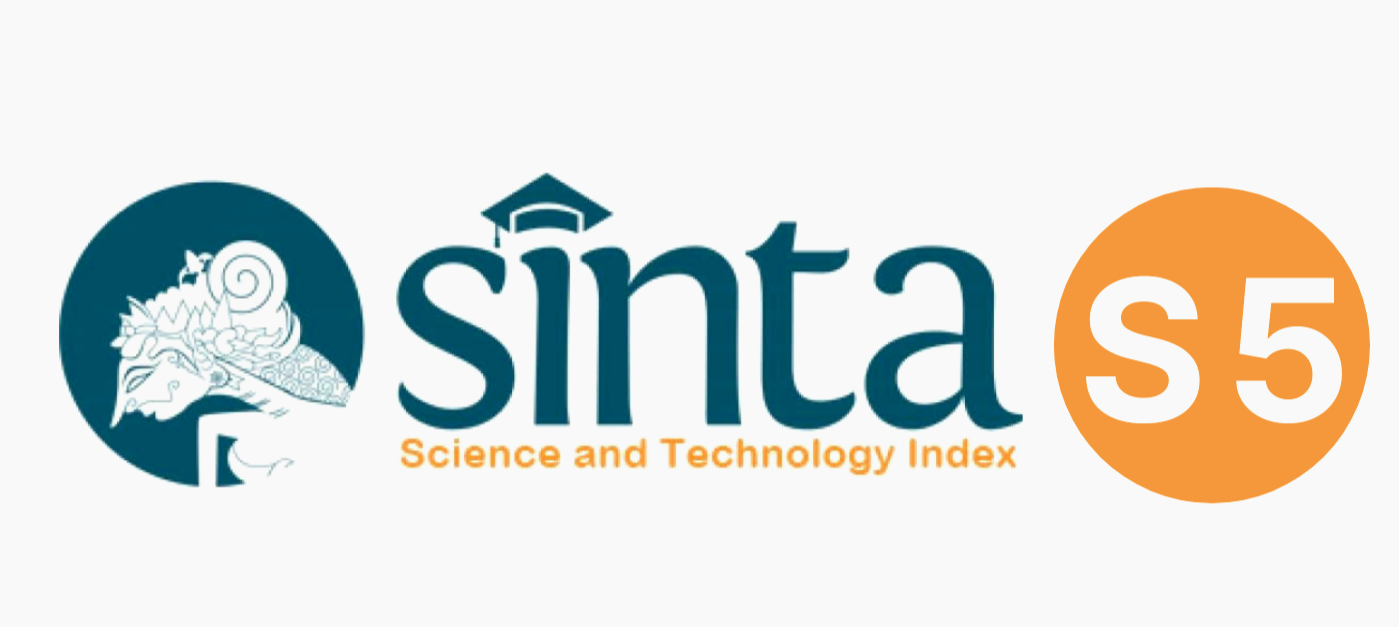Strategi Pemberdayaan Pedagang Kaki Lima Di Perkotaan
 Abstract: 246
/
Abstract: 246
/  Abstract: 114
Abstract: 114
DOI:
https://doi.org/10.47753/je.v2i2.42Keywords:
Strategy, Empowerment, Street TradersAbstract
The presence of street vendors in the corners of the city provides benefits to consumers, government or to traders such as reducing the number of unemployed, as well as providing various community needs at relatively affordable prices. On the other hand, street vendors are often associated with negative impacts on the urban environment with the appearance of dirty, dirty, and disorderly impression. No wonder if people often complain as a result of the activities of street vendors who use public facilities to sell. Community empowerment ideally not only develops the economic potential of the people, but also the dignity, dignity, self-esteem and self-esteem, maintaining the local cultural values. Empowerment as an implementation of socio-cultural concept in people-centered development, not only grow and develop economic added value, but also social value added and added value culture. Non-formal education serves membelajarkan individuals or groups to be able to empower and develop themselves so as to adapt to changes and developments of the times. The first strategy of empowering street vendors is the strategy of directional approach, second strategy is group approach, group approach in empowering street hawkers in urban areas. 4. Strengthening network among street vendors as well as building awareness and network of resources and encouraging active involvement of street vendorsReferences
Adi, Isbandi Rukminto. 2002. Pemikiran-Pemikiran dalam Pembangunan Kesejahteraan Sosial, Jakarta. Lembaga Penerbit Fakultas Ekonomi Universitas Indonesia.
Akbar,M.R. 2009. Perbandingan PertumbuhanPenduduk Miskin dan Latar Pendidikan di Riau.
Alfian, Mely G. Tan, Selo Soemardjan, 1980. Kemiskinan Struktural, Suatu Bunga Rampai. Jakarta: Yayasan Ilmu-Ilmu Sosial bekerja sama dengan HIPPIS.
Alistair, R. dkk. 2003. Class mattersâ€: Human and Social Capital in the Entrepreneurial Process. Journal of Socio-Economics 32 (2003) 17-36. University of Aberdeen, Edward Wright Building.
Anwar. 2004. Pendidikan Kecakapan Hidup: (Life Skill Education). Bandung Alfabeta.
Arief, Zaenuddin (2002), Pengelolaan dan Pemberdayaan Pusat Kegiatan Belajar Masyarakat, Makalah disampaikan pada Rakor Persiapan dan Penyelenggaraan Backstoping PKBM. November 2002 di Solo.
Collier, P. 1998. Social Capital and Poverty. Social Development Department, Washington DC: World Bank
Eriyatno. 2003. Sistem Ekonomi Kerakyatan: Suatu Tinjauan Dari Ilmu Sistem, Majalah Perencanaan Pembangunan, No.04, Maret 2003.
Jamasy,Owin, 2004. Keadilan, Pemberdayaan & Penanggulangan Kemiskinan. Jakarta: Belantika.
Kartasasmita, Ginanjar. 1996. Pembangunan Untuk Rakyat, Memadukan Pertumbuhan dan Pemerataan. CIDES. Jakarta.
Pranarka, AMW dan Prijono, Onny S (ed). 1996. Pemberdayaan, Konsep, Kebijakan dan Implementasi. CSIS. Jakarta.
Poloma, Margaret, M. 1994. Sosiologi Kontemporer. PT Raja Grafindo Persada. Jakarta.
Putnam, R. 1995. The Prosperous Community - Social Capital and Public Lifeâ€. American Prospect. Washington DC: World Bank
Soegijoko dan Kusbiantoro. 1997. Bunga Rampai Perencanaan Pembangunan di Indonesia. Grasindo. Jakarta.
Soetjipto, 1992. Pendidikan Kesejahteraan Keluarga. Semarang: Satya Wacana Press.
Subejo. 2004. Peranan Social Capital Dalam Pembangunan Ekonomi: Suatu Pengantar Studi Social Capital di Pedesaan Indonesia. Majalah Agro Ekonomi vol. 11. No.1 juni 2004.
Suharto, Edi. 2005. Membangun Masyarakat Memberdayakan Rakyat. PT Refika Aditama. Bandung.
Sumarno, 2002, Kosep Dasar Kebijakan Pendidikan Kecakapan Hidup(Life Skill), Dinamika Pendidikan No. 02/th. IX November 2002, FIP UNY Yogyakarta
Suyanto, Bagong (ed.), 1995. Problem Pengentasan Kemiskinan dan Upaya Pengentasannya. Surabaya: Airlangga University Press.
Suyanto, Bagong. 1996. Perangkap Kemiskinan: Problem dan Strategi Pengentasannya Dalam Pembangunan Desa. Yogyakarta: Aditya Media.
Usman,P.1995.Peran Sosiologi dalam Pengentasan Kemiskinan. Jakarta. Galia Indonesia.
Wang, Y. Informal Institution, Social Capital, and Economic Development. Opening Times, No. 3
Downloads
Published
Issue
Section
License
Articles published in Jurnal Empirika are licensed under the International License of Creative Commons Allowance-ShareAlike 4.0. The author is free to use any media to copy, change, or redistribute the paper, provided the author gives credit to the original author and this journal, links to the license, shows if modifications have been made, and redistributes it in the same permission. The author grants the right to any third party to use their posts following the Creative Commons Attribution-Share Alike International 4.0.











